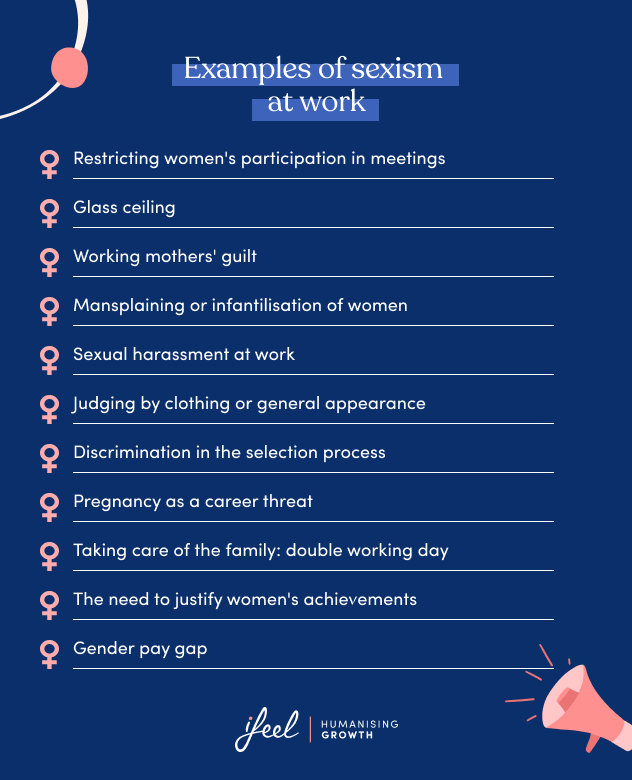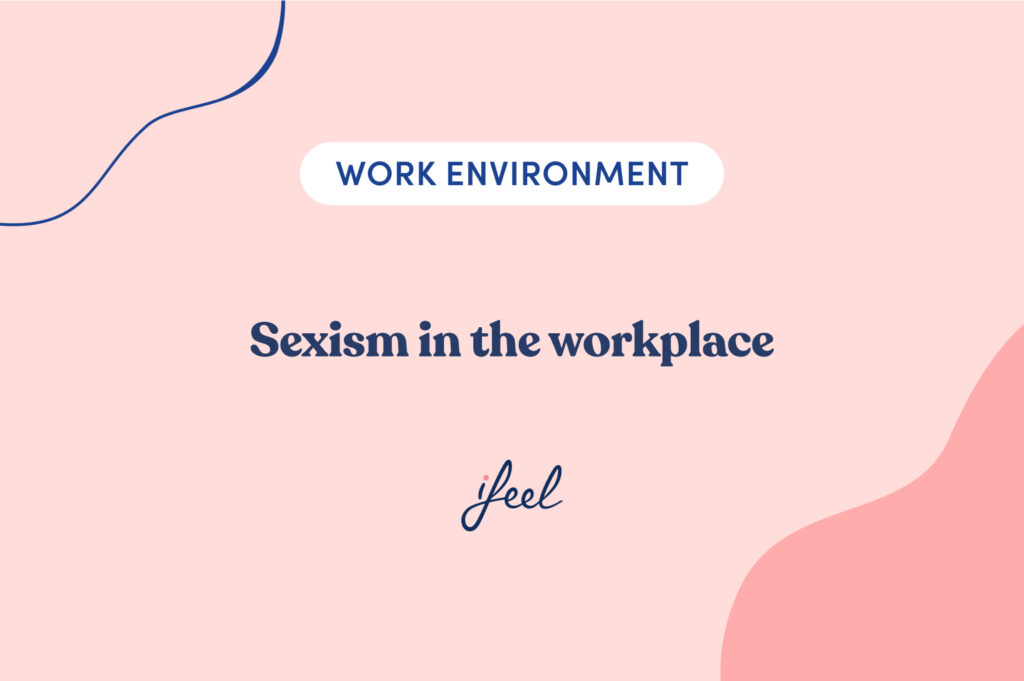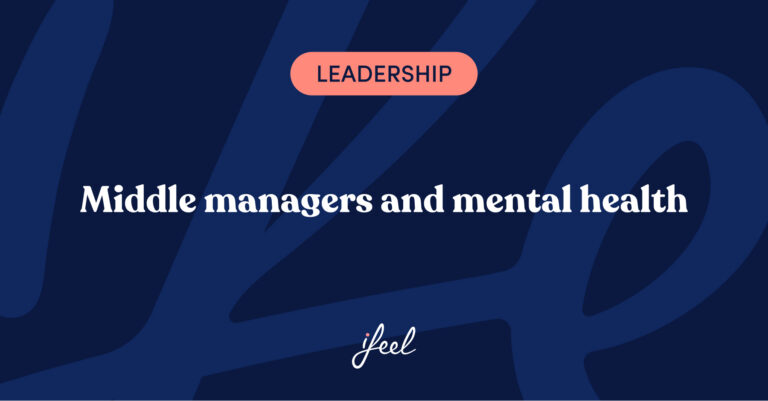Sexism in the workplace is not just a challenge. It’s an opportunity for HR leaders to transform their organisations into beacons of inclusivity and equality. As the gatekeepers of company culture, they have the power to dismantle barriers and pave the way for a diverse, thriving workforce. By embracing this moment, they can create environments where everyone, regardless of gender, can succeed and contribute their best.
Are you ready to take the lead and tackle sexism in the workplace?
Preventative measures to combat sexism in the workplace
Implementing effective preventative measures is essential to fostering an inclusive workplace. Here’s how you can take action:
| Preventative measure | Description |
|---|---|
| Regular training sessions | Conduct workshops on unconscious bias and gender equality to raise awareness and educate employees. |
| Clear reporting channels | Establish confidential systems for reporting sexism, ensuring that employees feel safe to speak up. |
| Inclusive leadership development | Offer leadership training focused on diversity and inclusion, preparing future leaders to uphold these values. |
| Policy review and enforcement | Regularly update and enforce policies against sexism, making it clear that discriminatory behavior will not be tolerated. |
12 examples of sexism in the workplace
Sexism in the workplace remains a pervasive issue, impacting women’s participation, advancement, and overall experience. This section explores common manifestations of sexism, from participation restrictions to the gender pay gap, and provides insights on addressing and overcoming these challenges. By understanding these barriers, organisations can work towards creating a more inclusive and equitable workplace for all employees.

1. Participation restrictions: Women may feel invisible in male-dominated environments, leading them to believe their ideas aren’t valued. Encouragement is needed to voice their opinions.
2. The glass ceiling: Women face barriers to advancement, resulting in feelings of helplessness. Building alliances and demonstrating capability can help break these barriers.
3. Working mothers’ guilt: Women often experience intensified guilt due to societal expectations about childcare responsibilities. It’s important to focus on the quality of care rather than the quantity.
4. Mansplaining: This condescending behavior undermines women’s confidence and reputation. Women should assert their capabilities and remind colleagues of their understanding.
5. Sexual harassment: This severe form of sexism creates unsafe work environments. Victims should collect evidence and seek support from HR and legal departments.
6. Appearance judgments: Focus on appearance rather than performance can affect professional perceptions. Women should assert their professionalism and individuality.
7. Recruitment discrimination: Biases during hiring processes can undervalue women’s candidacies. Preparation and confidence in abilities are essential.
8. Pregnancy concerns: Fear of career impact from pregnancy highlights workplace sexism. Trust-building and open communication with employers are crucial.
9. Family care responsibilities: Women often bear the brunt of family care, causing stress. Promoting shared responsibilities helps balance work and family life.
10. Pre-meeting cxclusion: Exclusionary pre-meeting behaviors can undermine women’s roles. Planning participation and maintaining professionalism is vital.
11. Justifying achievements: Women are often unfairly challenged to justify their accomplishments. It’s important to acknowledge their merits without over-explaining.
12. Gender pay gap: Women may struggle with salary negotiations due to undervaluation. Staying informed about industry standards and advocating for fair pay is crucial.

New Worker Protection Act: UK sexual harassment law
In October 2024, the UK will implement the Worker Protection (Amendment of Equality Act 2010) Act 2023, introducing a new legal duty for employers. This law requires employers to take “reasonable steps” to prevent sexual harassment in the workplace.
Key features of the act:
Proactive duty: Employers must actively assess and mitigate the risk of sexual harassment. This duty shifts the focus from reactive measures to proactive prevention.
Enhanced penalties: Employment tribunals can increase compensation by up to 25% if an employer fails to meet this duty.
Third-party harassment: While the act does not extend liability to third parties, employers are encouraged to prevent harassment from clients or customers.
The introduction of this law marks a significant shift in the UK’s approach to preventing sexual harassment in the workplace. It emphasises employers’ responsibility to create a safe and respectful work environment.
The role of DEIB to address sexism in the workplace
ifeel’s Guide to Embedding a DEIB Strategy provides a comprehensive framework for integrating diversity, equity, inclusion, and belonging into corporate cultures. This resource helps leaders develop policies and practices that not only address harassment but also foster an inclusive workplace where everyone feels valued.
DEIB goes a step further by embedding the crucial element of “Belonging”. This not only highlights the need for diversity in terms of characteristics and backgrounds but also underlines the importance of women feeling a sense of acceptance, value, and purpose within the company.
A DEIB policy, which focuses on fostering a sense of belonging, contributes significantly to women’s mental well-being and address sexism in the workplace. It provides an environment in which women can bring their authentic selves to work, reducing the stress associated with identity concealment.
The positive impact of implementing a DEIB strategy, such as improved employee performance, increased corporate reputation, and overall company success, is directly felt by women by providing fair opportunities, creating an inclusive environment, and reducing feelings of isolation and loneliness. DEIB, therefore, emerges as a critical strategy to address the specific needs and mental well-being of women in the workforce.
Access the guide to enhance your DEIB strategy and create a more inclusive workplace.
Tackling sexism in the workplace on International Women’s Day
Although tackling sexism in the workplace should be a year-round policy, International Women’s Day serves as a powerful reminder to refocus efforts and expand initiatives to create an equitable and inclusive work environment for women. Here are just some initiatives your organisation can do on IWD to reinforce this key date and future policies:
- Host workshops addressing unconscious biases with a professional psychologist
- Highlight success stories from the company (eg. new policies implemented for women)
- Set measurable goals for gender diversity
- Provide learning and training programs for career advancement
The Leadership Lens
Leaders need to approach sexism in the workplace proactively, not only enforcing policies but actively promoting a culture of awareness and respect. By focusing on empathy and emotional intelligence, regular workshops on diversity and inclusion can significantly improve workplace dynamics.
In conclusion, addressing sexism in the workplace requires a comprehensive strategy integrating leadership, policy, and education. Organisations can create a more equitable and productive environment by leveraging these resources and strategies.
Mental health: The biggest business challenge of our time
At ifeel, we are committed to gender equality. We are well aware of the implications of sexism in the workplace on the well-being of female employees and the organisation’s progress.
To help in this process, our clinical team provides leading companies in their sector with a dynamic, scalable and fully personalised solution, powered by AI. We have a strategy and approach based on key data to help organisations with a global presence address one of the biggest business challenges of our time: mental health at work.
This solution offers employees a mental health care service structured at different levels depending on their needs at any given time. Discover our Resources section, where you will find various materials, such as webinars, podcasts, guides for human resources on current topics, and interviews with leaders of large organisations.
Data-driven methodology
Our mental health solution for enterprises employs evidence-based practices and innovative methods, backed by the latest research and a network of over 600 mental health professionals. Would you like to know more about our Clinical Research Department? Don’t forget to visit this section to stay informed about the latest studies and research on mental health in corporate environments.
We hope you found this article on sexism in the workplace interesting.
If you would like more information about the gender pay gap, simply request it here. Our team will calculate the ROI based on your enterprise’s specific characteristics.










